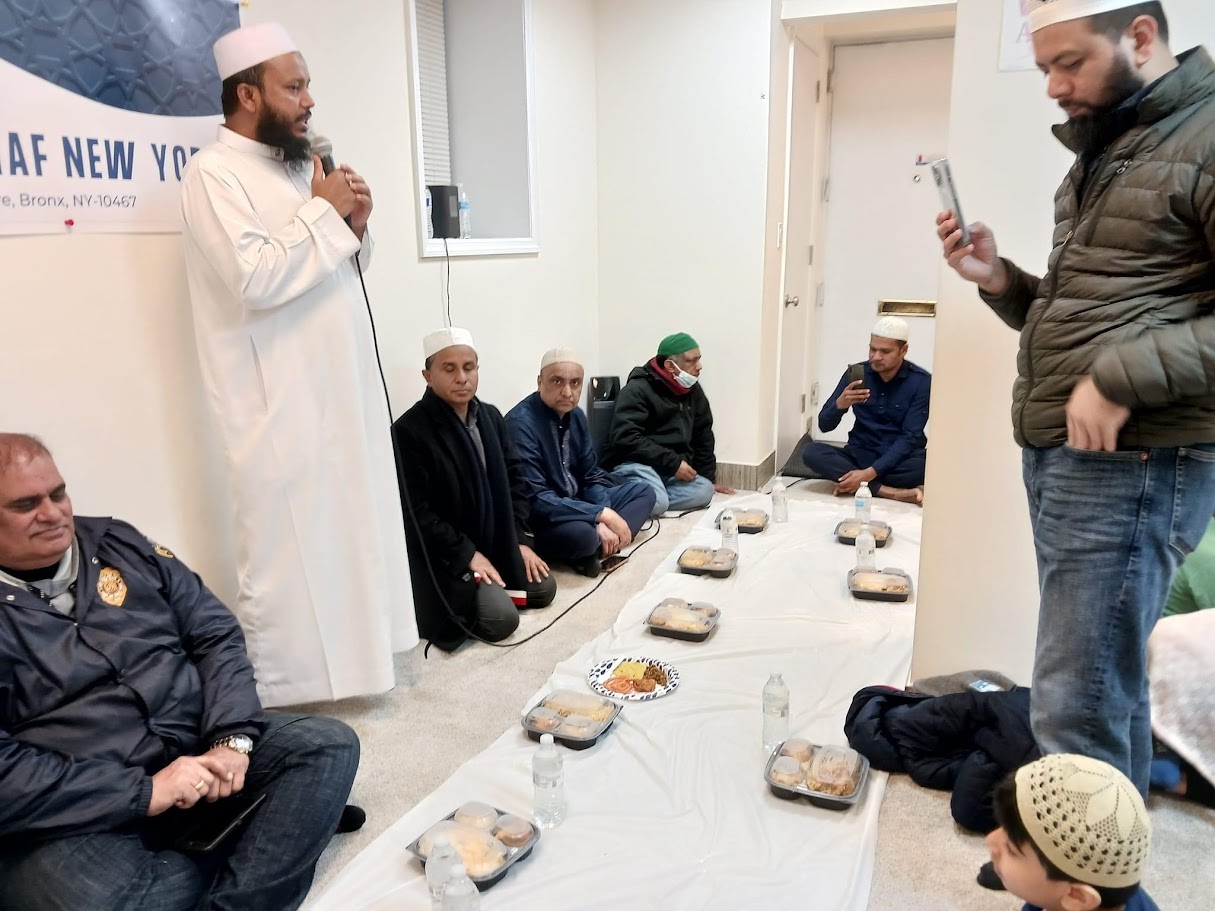How to prepare children for Ramadan: 10 Practical Ways
Ramadan is a sacred month that teaches patience, self-discipline, and devotion to Allah. Preparing young Muslims for Ramadan is essential to help them develop a love for fasting, prayer, and charity. With the right guidance, children and teenagers can fully embrace the spiritual and personal growth opportunities this blessed month offers.
In this article, we’ll explore 10 practical ways about how to prepare children for Ramadan, ensuring they understand its significance and engage in it meaningfully.
1. Teach the Importance of Ramadan
Before Ramadan begins, explain its purpose and significance to young Muslims. Discuss key aspects such as:
- Why Muslims fast – Explain that fasting is an obligation in Islam (Surah Al-Baqarah 2:183).
- The rewards of Ramadan – Talk about how fasting brings blessings, forgiveness, and spiritual growth.
- The values of patience and gratitude – Help them understand that Ramadan is about more than just avoiding food and drink.
Use age-appropriate books, videos, or interactive discussions to make learning engaging.
2. Encourage Gradual Fasting Practice
If a child is new to fasting, introduce it gradually:
✔ Start with half-day fasts – Young children can try fasting until noon before attempting a full day.
✔ Alternate day fasting – Let them fast on weekends before Ramadan to build endurance.
✔ Teach Suhoor & Iftar habits – Help them understand the importance of eating healthy before and after fasting.
This gradual approach will help them transition smoothly into full fasting when they are ready.
3. Set a Ramadan-Friendly Routine
A structured routine helps young Muslims stay balanced during Ramadan. Adjust their daily schedule by:
🔹 Fixing a proper sleep schedule – Ensure they get enough rest to wake up for Suhoor and Fajr.
🔹 Allocating time for Quran reading – Encourage them to read even a few verses daily.
🔹 Incorporating breaks and family time – Balance worship with rest and quality family interactions.
A consistent routine prevents exhaustion and keeps them engaged throughout the month.
4. Make Worship Interactive & Enjoyable
Encouraging young Muslims to connect with worship in a fun way will help build lifelong habits. Try:
🌟 Using Ramadan countdown calendars – Track their fasting days and daily prayers.
🌟 Teaching simple yet powerful Duas – Help them memorize and recite supplications before Suhoor and Iftar.
🌟 Making prayer exciting – Offer small rewards for completing all five daily prayers.
Using visual aids and incentives keeps them motivated and engaged.
5. Involve Them in Charity & Good Deeds
Ramadan is a time for giving, and teaching young Muslims about generosity instills compassion. Encourage them to:
💰 Donate their allowance – Let them contribute to a family or community Sadaqah fund.
🍽 Help prepare and distribute Iftar meals – Get them involved in feeding those in need.
🤝 Perform daily good deeds – Acts like helping parents, being kind to siblings, and volunteering at the mosque count as worship.
Small acts of kindness make a big difference in shaping their character.
6. Make Learning About Ramadan Fun
Turn Ramadan education into an enjoyable experience with:
📖 Storytelling sessions – Share Prophet Muhammad’s (PBUH) experiences in Ramadan.
🎨 Arts and crafts – Create Ramadan decorations or greeting cards for family and friends.
🎥 Islamic movies & animations – Watch age-appropriate videos about Ramadan and fasting.
Fun learning activities ensure they stay engaged and excited about Ramadan.
7. Encourage Family Bonding During Ramadan
Make Ramadan a family-centered experience by:
✅ Eating Suhoor and Iftar together – Strengthen family connections through shared meals.
✅ Reading Quran as a family – Recite and reflect on a few verses daily.
✅ Attending Taraweeh prayers together – If possible, take them to the mosque for shorter sessions.
These moments create lasting memories and reinforce the significance of Ramadan.
8. Teach Healthy Eating Habits for Fasting
Help young Muslims maintain energy levels during fasting with healthy eating habits:
🥗 Encourage a balanced Suhoor – Include proteins, fiber, and slow-digesting foods for sustained energy.
💧 Prioritize hydration – Remind them to drink plenty of water between Iftar and Suhoor.
❌ Limit junk food – Reduce sugary and fried foods that can cause energy crashes.
Proper nutrition ensures they stay active and focused throughout the day.
9. Help Them Set Ramadan Goals
Setting personal goals can motivate young Muslims to make the most of Ramadan. Encourage them to:
🕌 Pray all five daily prayers – Set a prayer tracker to keep them accountable.
📖 Read at least one page of the Quran daily – Gradually increase their reading capacity.
🤲 Learn new Duas – Memorize at least one new supplication each week.
Achievable goals make Ramadan more meaningful and rewarding.
10. Prepare for Eid with Excitement
As Ramadan ends, make Eid a special celebration for young Muslims:
🎁 Plan Eid gifts & surprises – Reward their fasting efforts with thoughtful presents.
🕌 Attend Eid Salah together – Teach them the significance of Eid prayers.
🎊 Celebrate with family & friends – Organize activities like decorating the house or making Eid sweets.
Making Eid a joyful event helps children associate Ramadan with happiness and fulfillment.
Conclusion
Preparing Muslim youth for Ramadan is about nurturing their love for faith and creating positive experiences. By teaching them about fasting, encouraging acts of worship, and making learning fun, children can develop a deep appreciation for this blessed month.
Start early, involve them in meaningful activities, and guide them toward a spiritually fulfilling Ramadan.


